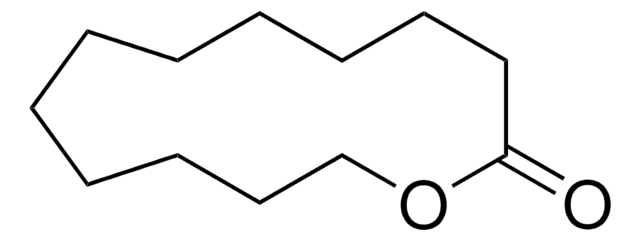About This Item
Recommended Products
form
aqueous solution
availability
available only in Japan
concentration
0.1 M
1/10 N
storage temp.
15-25°C
SMILES string
[Ag]
InChI
1S/Ag.NO3/c;2-1(3)4/q+1;-1
InChI key
SQGYOTSLMSWVJD-UHFFFAOYSA-N
Looking for similar products? Visit Product Comparison Guide
Application
- Photochemical Synthesis of Silver Nanoparticles: Silver nitrate is pivotal in the photochemical synthesis of silver nanoparticles using UV pulsed laser irradiations. The presence of surfactant additives influences the morphology and stability of the synthesized nanoparticles, which have applications in catalysis, sensing, and biomedical fields. This method provides a controlled approach to nanoparticle synthesis, essential for advanced material science and nanotechnology research (Qazi, Journal of New Materials for Electrochemical Systems, 2021).
Signal Word
Danger
Hazard Statements
Precautionary Statements
Hazard Classifications
Aquatic Acute 1 - Aquatic Chronic 1 - Eye Irrit. 2 - Met. Corr. 1 - Repr. 1B - Skin Irrit. 2
Storage Class Code
6.1D - Non-combustible acute toxic Cat.3 / toxic hazardous materials or hazardous materials causing chronic effects
WGK
WGK 3
Flash Point(F)
Not applicable
Flash Point(C)
Not applicable
Certificates of Analysis (COA)
Search for Certificates of Analysis (COA) by entering the products Lot/Batch Number. Lot and Batch Numbers can be found on a product’s label following the words ‘Lot’ or ‘Batch’.
Already Own This Product?
Find documentation for the products that you have recently purchased in the Document Library.
Our team of scientists has experience in all areas of research including Life Science, Material Science, Chemical Synthesis, Chromatography, Analytical and many others.
Contact Technical Service





